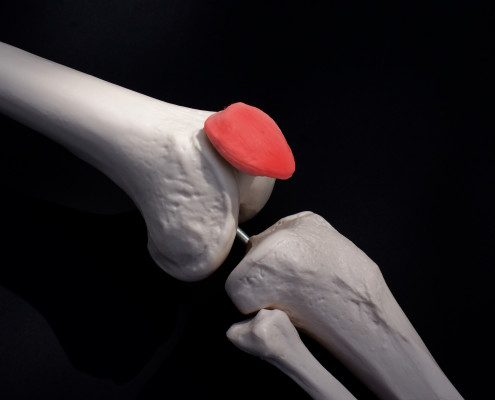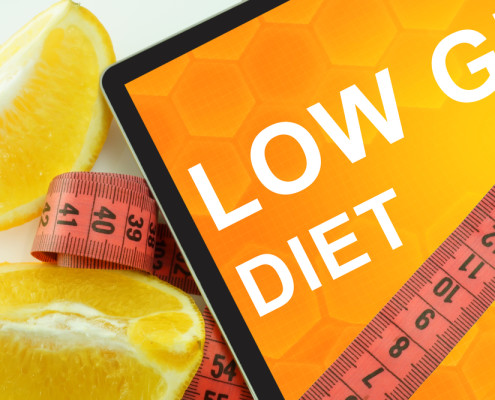The benefits of weight training
Often at the end of my clients initial cardio program, they question me if it is really important that they come back to get a weights program, as they are trying to lose weight, not gain weight. For those of you who know me, you will know I’m very passionate about weight training and the importance of incorporating weight training into a weight loss training program. Therefore my answer to this question is always YES! It is equal to, if not more important for their goals! I cannot stress enough, if you are not currently weight training… you need to start!

















